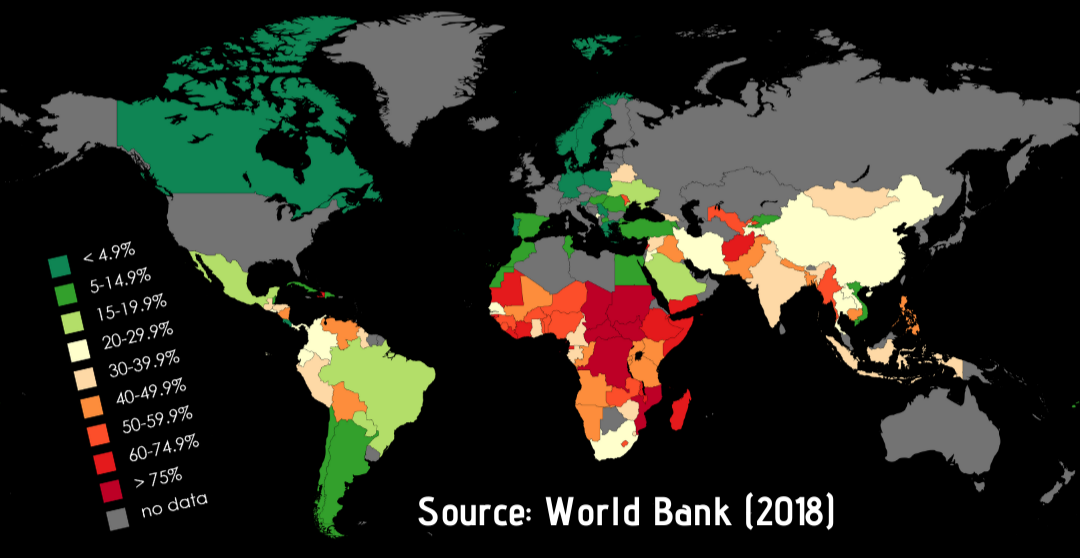|
City Statute
The City Statute ( pt, Estatuto da Cidade) is a federal law (Law 10.257) passed in Brazil in 2001 that builds on the Federal Constitution of Brazil to create a new legal-urban order to provide land access and equity in large urban cities. It is premised on the idea of the Right to the city and emerged as a result of many years of popular struggle."Implementing the Right to the City in Brazil?" ''Sustainable Cities Collective'', 2012 It has two main functions. The first is to ensure that the 'social function' of urban land and buildings is put before their commercial value. This has been defined as "the prioritization of use value
[...More Info...] [...Related Items...] OR: [Wikipedia] [Google] [Baidu] |
Brazil
Brazil ( pt, Brasil; ), officially the Federative Republic of Brazil (Portuguese: ), is the largest country in both South America and Latin America. At and with over 217 million people, Brazil is the world's fifth-largest country by area and the seventh most populous. Its capital is Brasília, and its most populous city is São Paulo. The federation is composed of the union of the 26 States of Brazil, states and the Federal District (Brazil), Federal District. It is the largest country to have Portuguese language, Portuguese as an List of territorial entities where Portuguese is an official language, official language and the only one in the Americas; one of the most Multiculturalism, multicultural and ethnically diverse nations, due to over a century of mass Immigration to Brazil, immigration from around the world; and the most populous Catholic Church by country, Roman Catholic-majority country. Bounded by the Atlantic Ocean on the east, Brazil has a Coastline of Brazi ... [...More Info...] [...Related Items...] OR: [Wikipedia] [Google] [Baidu] |
Constitution Of Brazil
The Constitution of the Federative Republic of Brazil ( pt, Constituição da República Federativa do Brasil) is the supreme law of Brazil. It is the foundation and source of the legal authority underlying the existence of Brazil and the federal government of Brazil. It replaced the autocratic 1967 constitution capping 21 years of military dictatorship and establishing Brazil's 6th republic, also known as the New Republic (Nova República). Made in the light of the Brazilian transition to democracy, it resignified the role of the state in the citizens' lives, providing a vast system of human and individual rights protection, social welfare, and democratic tools. Overview The currenBrazilian Constitutionis the seventh enacted since the country's independence in 1822, and the sixth since the proclamation of the republic in 1889. It was promulgated on 5 October 1988, after a two-year process in which it was written from scratch. History The current Constitution of Brazil wa ... [...More Info...] [...Related Items...] OR: [Wikipedia] [Google] [Baidu] |
Right To The City
The right to the city is an idea and a slogan first proposed by Henri Lefebvre in his 1968 book . This idea has been taken up more recently by social movements, thinkers, and certain progressive local authorities as a call to action to reclaim the city as a co-created space: a place for life detached from the growing effects that commodification and capitalism are proposed to have had over social interaction and the rise of posited spatial inequalities in worldwide cities throughout the last two centuries. Overview In his first inception of the concept, Lefebvre paid specific emphasis on the effects that capitalism had over “the city”, whereby urban life was downgraded into a commodity, social interaction became increasingly uprooted and urban space and governance were turned into exclusive goods. In opposition to this trend, Lefebvre raised a call to “rescue the citizen as main element and protagonist of the city that he himself had built” and to transform urban spac ... [...More Info...] [...Related Items...] OR: [Wikipedia] [Google] [Baidu] |
Use Value
Use value (german: Gebrauchswert) or value in use is a concept in classical political economy and Marxist economics. It refers to the tangible features of a commodity (a tradeable object) which can satisfy some human requirement, want or need, or which serves a useful purpose. In Karl Marx's critique of political economy, any product has a labor-value and a use-value, and if it is traded as a commodity in markets, it additionally has an exchange value, most often expressed as a money-price. Marx acknowledges that commodities being traded also have a ''general utility'', implied by the fact that people want them, but he argues that this by itself says nothing about the specific character of the economy in which they are produced and sold. Origin of the concept The concepts of value, use value, utility, exchange value and price have a very long history in economic and philosophical thought. From Aristotle to Adam Smith and David Ricardo, their meanings have evolved. Smith recogn ... [...More Info...] [...Related Items...] OR: [Wikipedia] [Google] [Baidu] |
Urban Planning
Urban planning, also known as town planning, city planning, regional planning, or rural planning, is a technical and political process that is focused on the development and design of land use and the built environment, including air, water, and the infrastructure passing into and out of urban areas, such as transportation, communications, and distribution networks and their accessibility. Traditionally, urban planning followed a top-down approach in master planning the physical layout of human settlements. The primary concern was the public welfare, which included considerations of efficiency, sanitation, protection and use of the environment, as well as effects of the master plans on the social and economic activities. Over time, urban planning has adopted a focus on the social and environmental bottom-lines that focus on planning as a tool to improve the health and well-being of people while maintaining sustainability standards. Sustainable development was added as one of th ... [...More Info...] [...Related Items...] OR: [Wikipedia] [Google] [Baidu] |
Slums In South America
A slum is a highly populated urban residential area consisting of densely packed housing units of weak build quality and often associated with poverty. The infrastructure in slums is often deteriorated or incomplete, and they are primarily inhabited by impoverished people.What are slums and why do they exist? UN-Habitat, Kenya (April 2007) Although slums are usually located in s, in some countries they can be located in suburban areas where housing quality is low and living conditions are poor. While slums differ in size and other characteristics, most lack ... [...More Info...] [...Related Items...] OR: [Wikipedia] [Google] [Baidu] |



